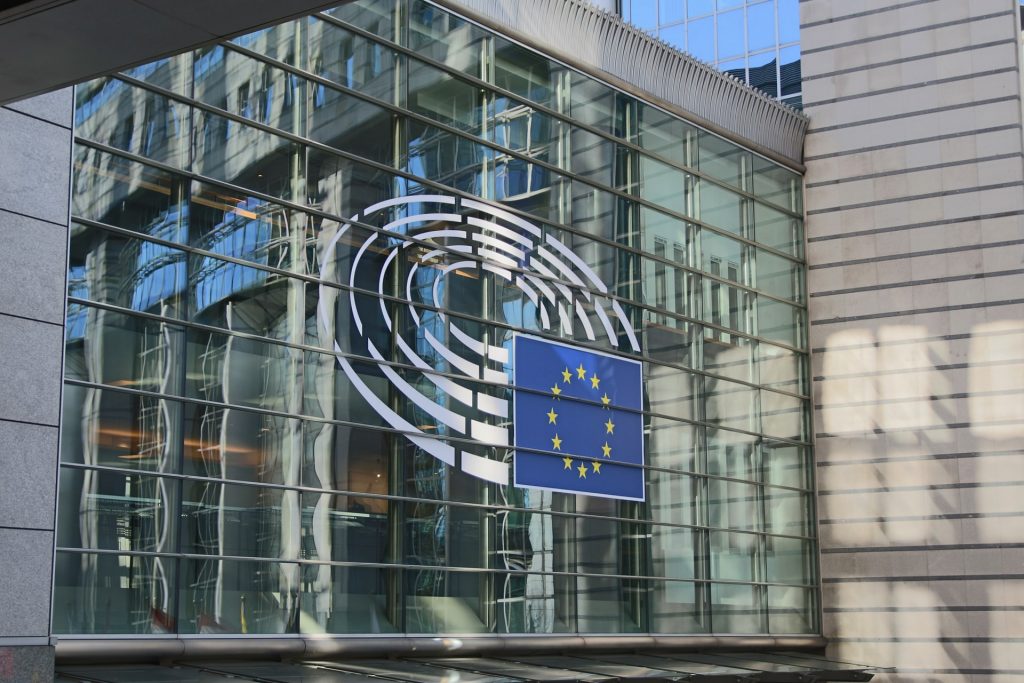In an updated recommendation on the temporary restriction of non-essential travel to the EU, adopted on 22 February, the European Council asks Member States to allow non-essential travel of vaccinated non-Europeans with an EU- or WHO-approved vaccine, starting 1 March.
Julia Simpson, CEO of the World Travel and Tourism Council (WTTC), welcomed the EU’s decision: “The patchwork of rules and regulations did nothing to prevent the spread of Covid but did cause immense damage to the economy of Europe causing the loss of jobs and businesses.”
Considering the evolution of the pandemic and the growing rates of vaccination, the Council considers it is appropriate for the EU to further ease its non-essential travel restrictions.
Member states should also lift the temporary restriction on non-essential travel for persons who have recovered from Covid-19 within 180 days prior to travelling to the EU.
EU council statement
The recommendation says that, from next month, people from all countries should be allowed entry if they have received a booster dose, or if the second dose of the first vaccination scheme has been administered between 14 and 270 days prior to travel. Furthermore, the travel ban should also be lifted for people who have recovered from Covid-19 within 180 days before arrival.
In certain cases, Member States can ask for a negative PCR test, taken maximum 72 hours before departure, or implement additional measures upon arrival, such as an additional test, isolation or quarantine. This applies for travellers who have been vaccinated with an EU-approved vaccine, but do not have an EU certificate, or an equivalent, for people who have recovered from the disease or for the ones vaccinated with a WHO-approved vaccine.
The same measures apply for children between 6 and 18, while no measures apply for children under 6.
The Council also updated the criteria for countries on the EU list, people from which face no restrictions at all when coming to the EU. For a country to be included on the list, it needs to have a maximum of 100 Covid-19 cases per 100,000 inhabitants in the last 14 days, with a testing rate of minimum 600 per 100,000 inhabitants.
The other measures taken into consideration remain unchanged, a stable or decreasing trend in new cases, a 4% positivity rate among all tests carried out, progress in vaccination, the presence of variants of interest or concern and the overall response to Covid-19, all contribute to a country’s likelihood of making the list.
Lastly, the Council stresses that, considering the improvement of the pandemic situation, it would be appropriate for Member States to start considering travelling restrictions on a case-by-case basis, for each individual, regardless of the country they are coming from, be it on the list or not. It gave the European Commission the deadline of 30 April to submit a proposal regarding the deletion of the list.
The Council recommendation is not legally binding to Member States. It is up to the authorities of each country to implement the content of the recommendation at national level.













